Plant Tissue Culture
Synopsis
Our knowledge of cell and tissue cultures has been developing with increasing knowledge, specially in bio-transformation, forestry, genetic engineering, morphogenesis, somatic bybridization, maintaining pathogen free plants and rapid clonal propagation, totipotency, differentiation, cell division, cell nutrition, metabolism, radion biology, cell preservation etc. It is now possible to cultivate cells in quantity, or as clones from single cells; to grow whole plant from isolated meristems and to induce callus or even single cell to develop in to complete plant either by organogenesis or directly by embryogenesis in vitro. The production of pure haploid plants through tissue culture from anthers or isolated microspores and of protoplasts from higher plant cells has served as the basis tools for genetic engineering and somatic hybridization. Tissue culture technique helps to propagate plants or economic importance such as orchids and other ornamental plants enlarge numbers by their meristem culture by either in vitro methods. This provides from vimsfree plantlets. Propagation of valuable economic plants through tissue culture basedon the principle of totipotency (every cell within the plant has the potential to give rise a whole plant). In plant breeding, ovary and ovule culture as well as in vitro pollination have been employed to overcome morphological and physiological sterility and incompatibility. In recent years, plant tissue culture technique is in increasing use for producing haploids from anthers or isolated microspores, and of protoplants from higher plant cells and the recognition of the potential of these materials in genetics and plant breeding. One of the most significant developments in the field of plants/tissues culture during recent years are the isolation, culture and fusion techniques which have the special importance in studies of plant improvement by cell modification and somatic hybridization.
Read more
74.70
67.23
$
83.00 $
Free delivery Wolrdwidе in 10-18 days
Ships in 1-2 days from New Delhi
Membership for 1 Year $35.00
Get it now and save 10%
Get it now and save 10%
BECOME A MEMBER

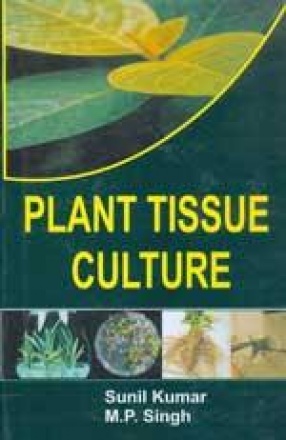
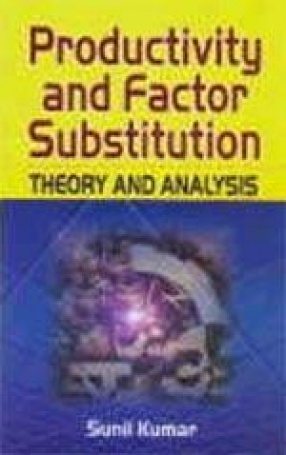

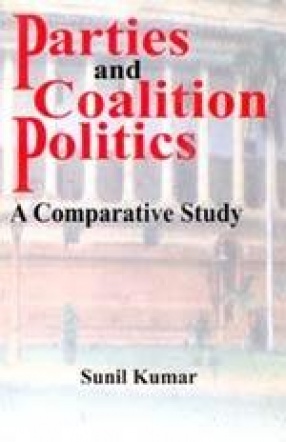
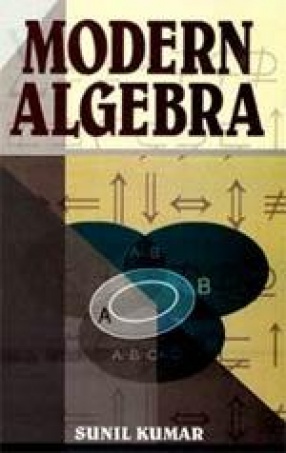
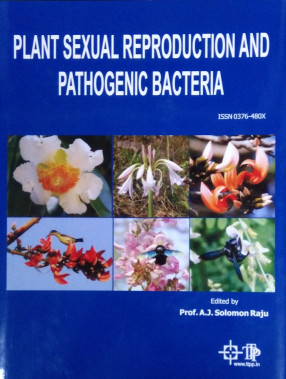
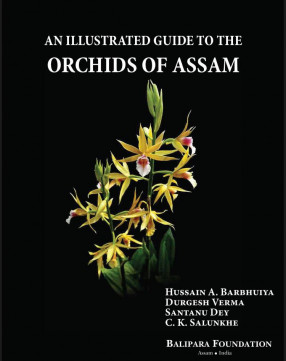
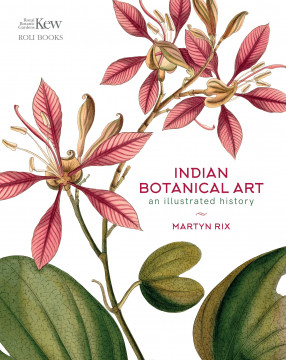
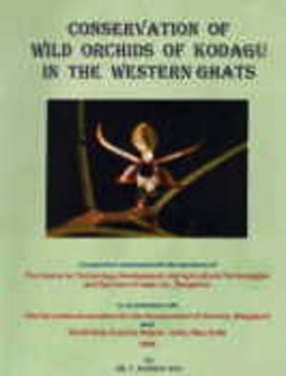

Bibliographic information
Sunil Kumar